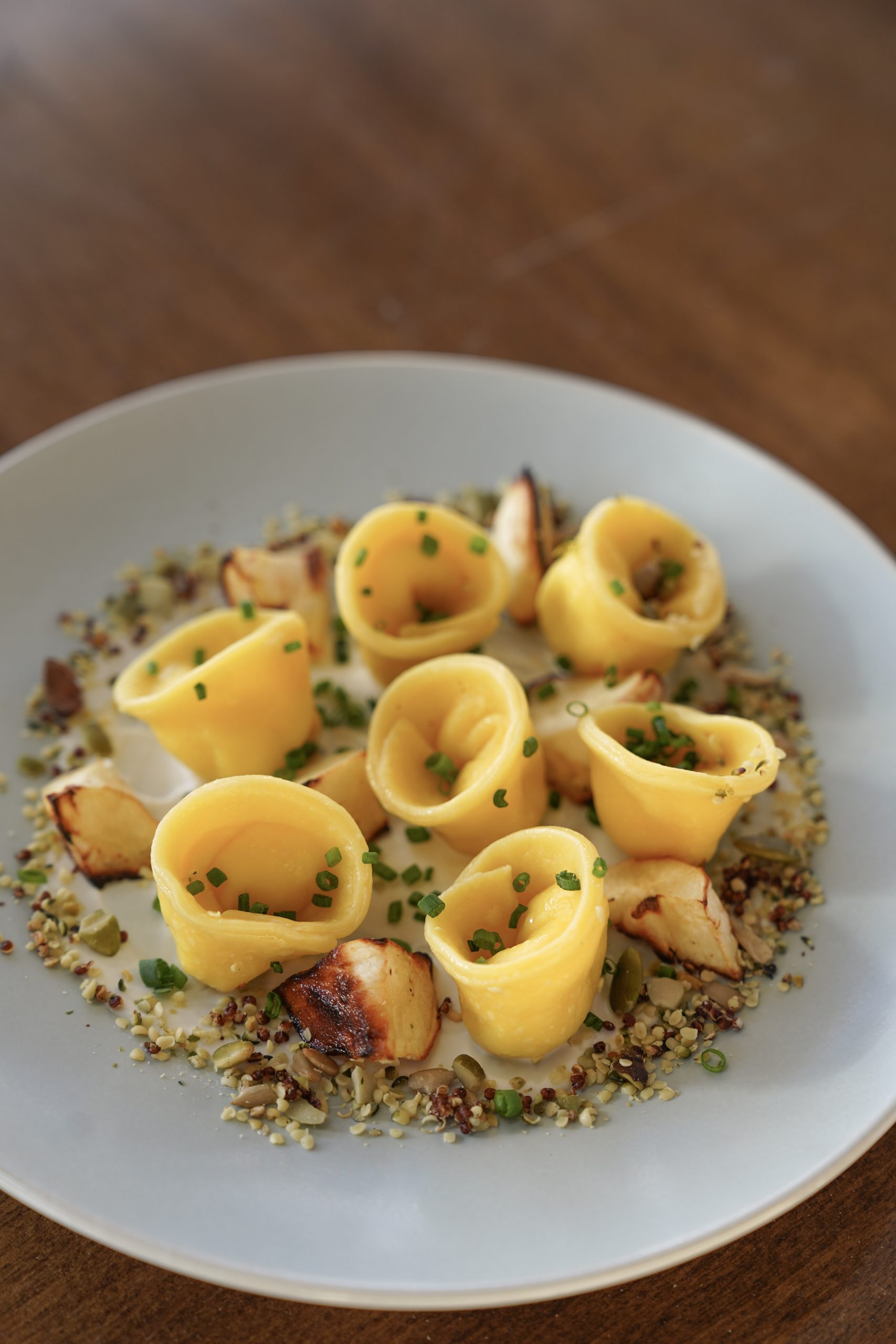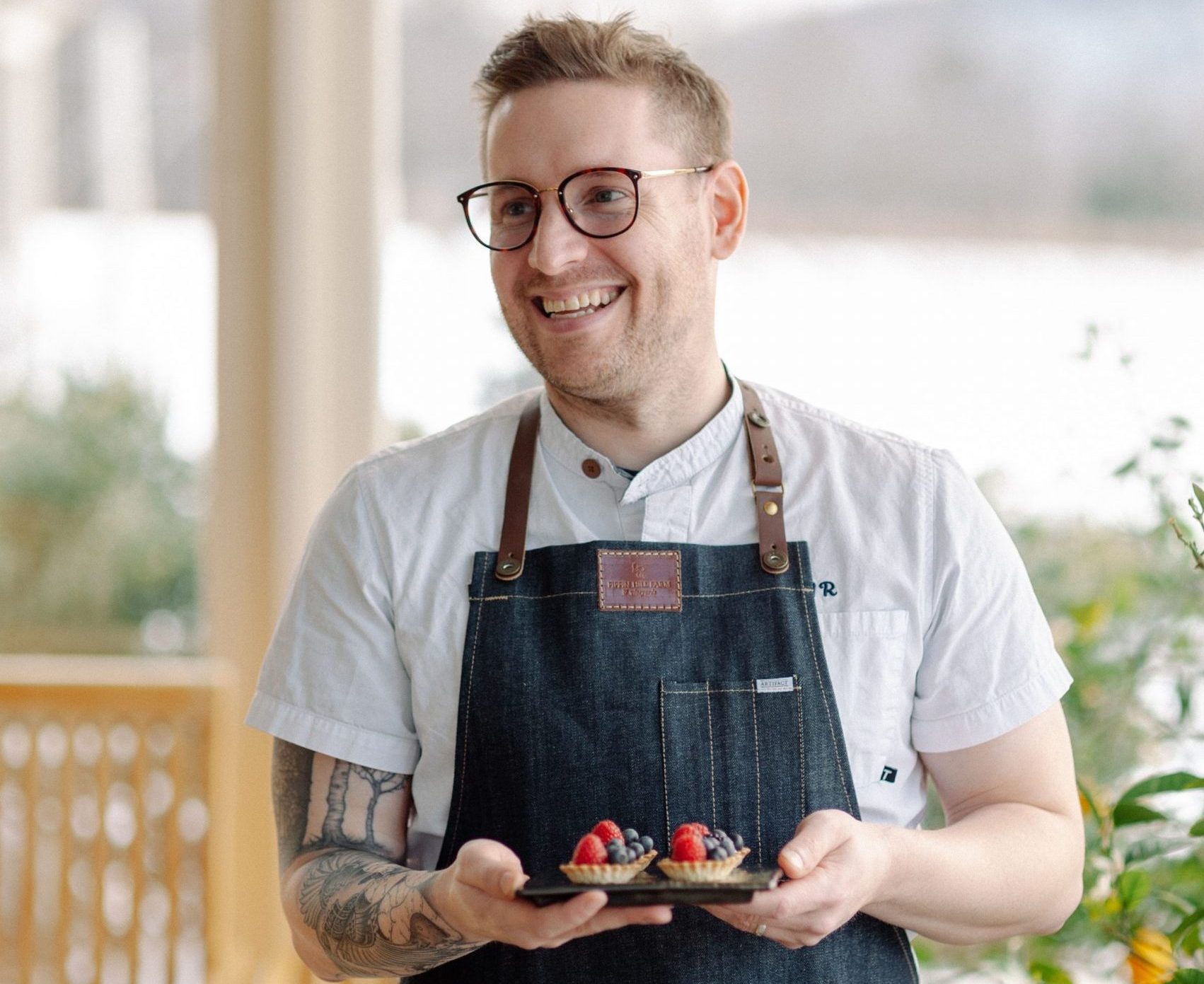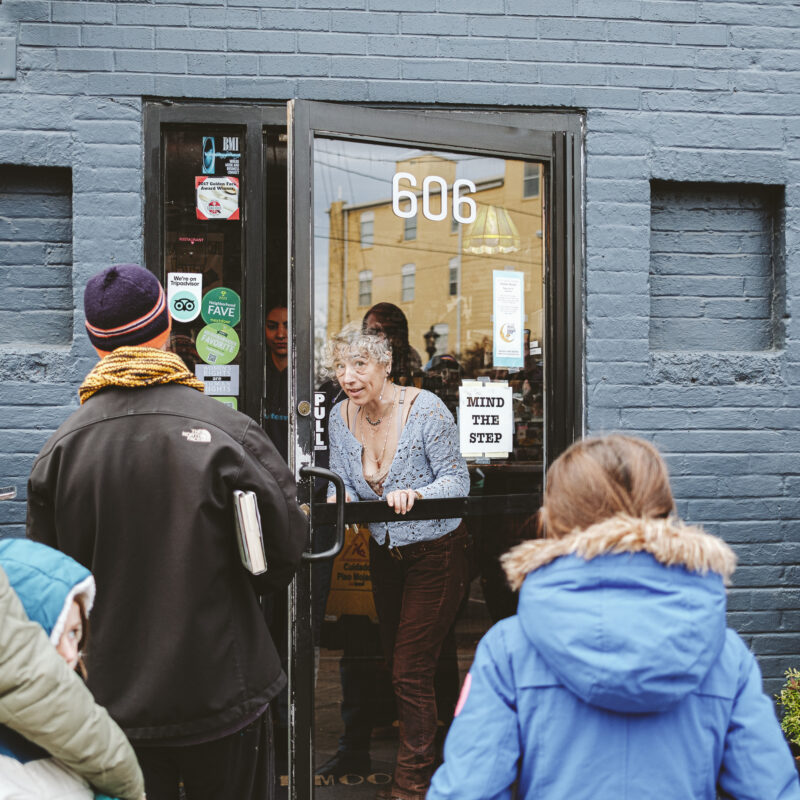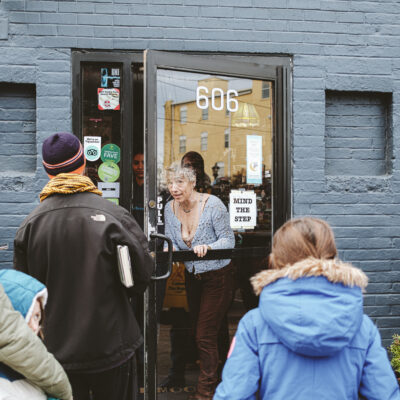Ian Rynecki
Executive Chef: Easton Porter Group, eastonporter.com
Culinary training: Hands-on, in restaurants
Reward
“When I began my career as a cook during freshman year of college, there were not many work options available in the evening except for restaurants.
“My first job was in a Burlington, Vermont, sushi restaurant where the focus was on quality and instruction through repetition. I was immediately interested in a job where your merit was quickly rewarded. Make a great dish or a mistake? You find out right away. It’s a two-way street of feedback and improvement.
“Even though I arrived with absolutely zero experience, I was taught everything in the chef’s repertoire and then some. The more I studied food, the more I realized how little I actually knew. As the years went on, the reward changed in the form of teaching new cooks.
“Flash forward to today where cooks are matriculating in and out of the kitchen at Pippin Hill, the learning process and challenge continues. You can always get better. Do the hard thing first.“

For richer
“Recently, I had the chance to cook at the Homestead Resort (in Hot Springs, Virginia) for the Epicurean Classic dinner. I cooked a fig cappelletti, using figs from the garden at Pippin Hill Farm, with celery root, cured egg yolk, taleggio cheese, sage oil, and pumpkin seeds.
“We have 14 chickens at Pippin Hill, and their eggs are used exclusively for the pasta dough. Since one dozen eggs a day isn’t sufficient for daily restaurant production, we have to be choosy where the eggs end up. This entire dish screams rich—with egg yolks cured for 30 days, to the creamy funk of a taleggio cheese fonduta. Filled pasta is a labor of love, but the end result is worth the effort.”
For our ongoing series Why Do You Cook?, C-VILLE Weekly asks area food and drinks folks what motivates them to clock in every day. If you would like to be considered for this column, please email tami@c-ville.com.






